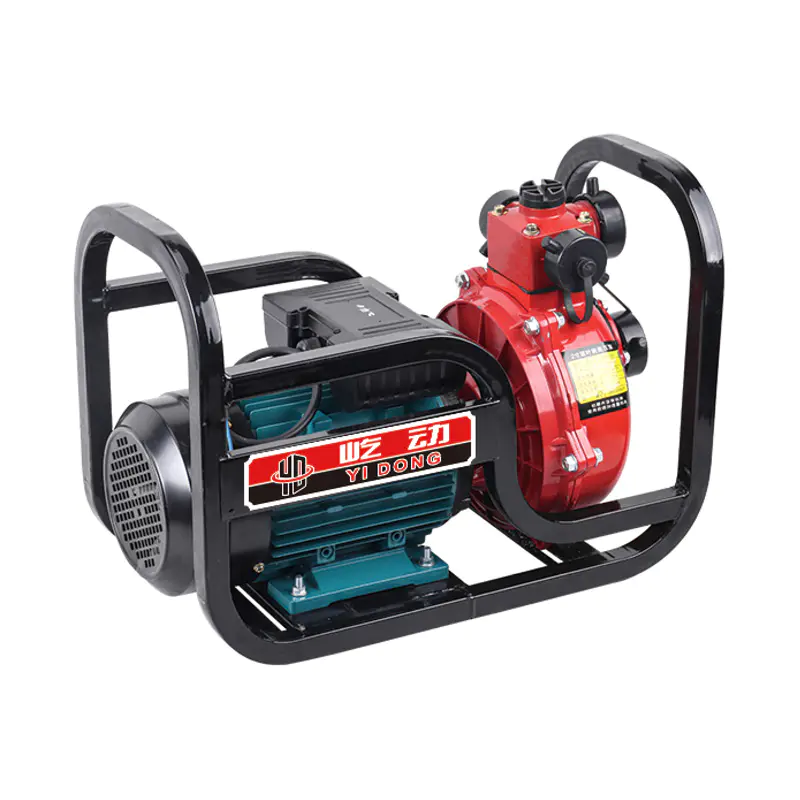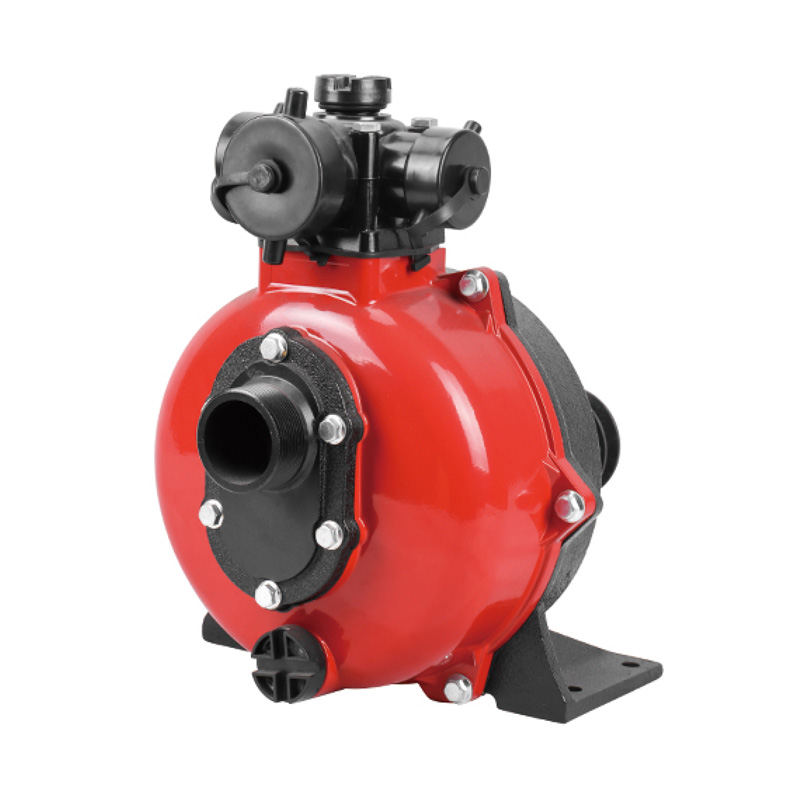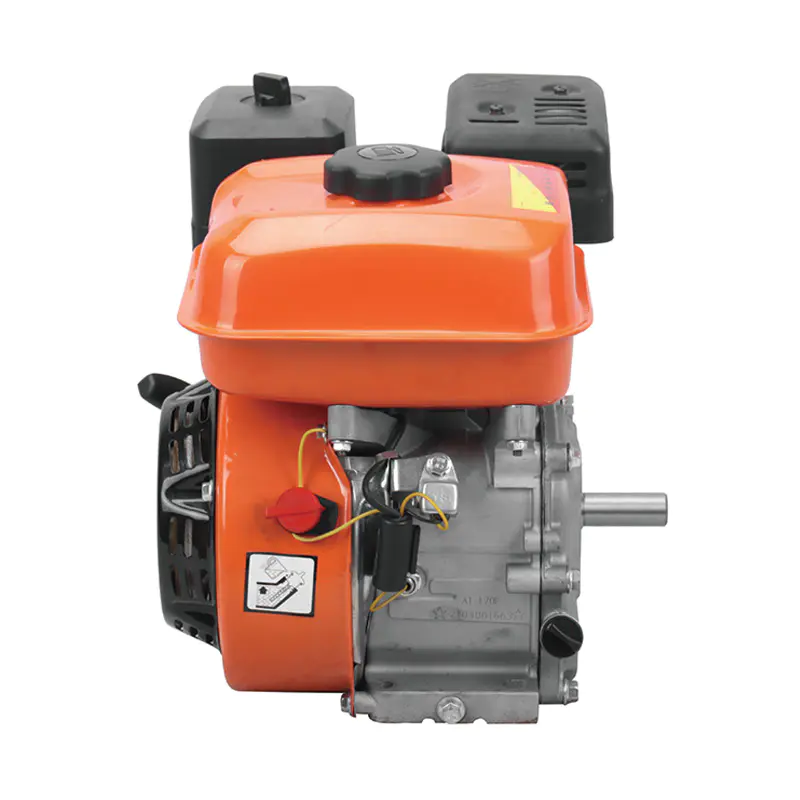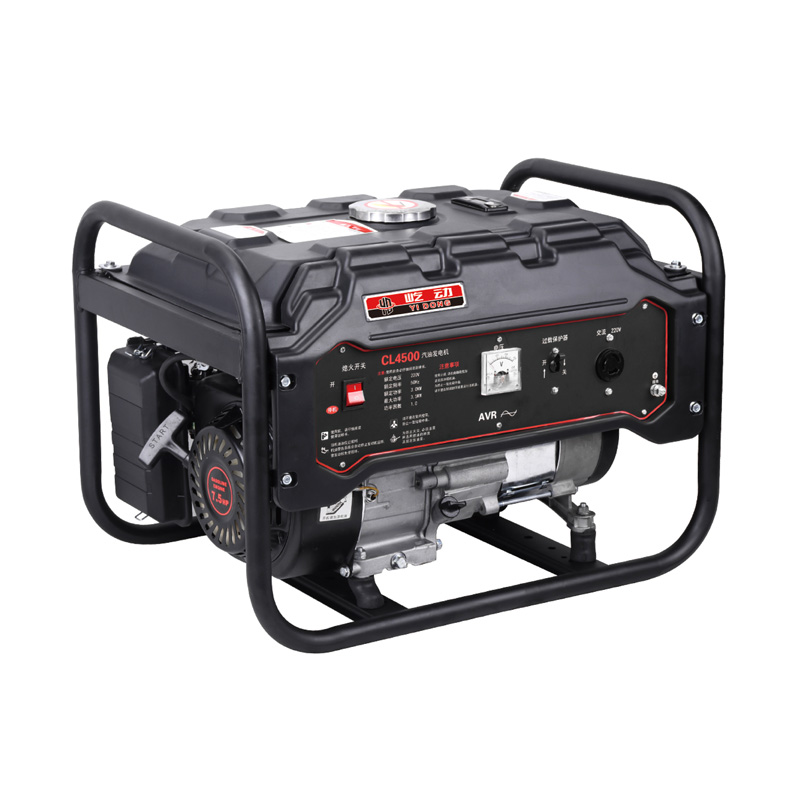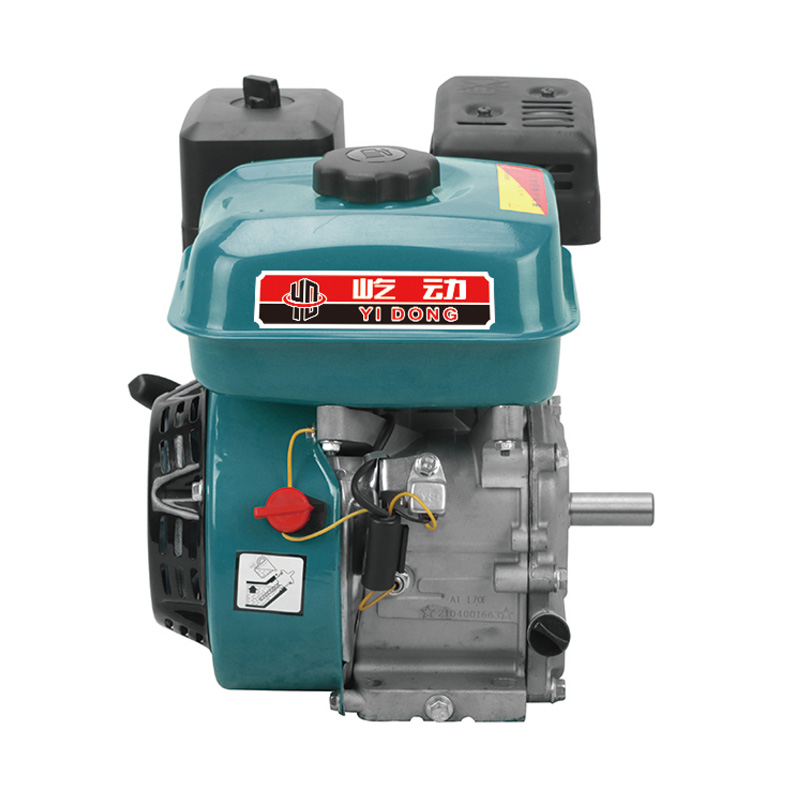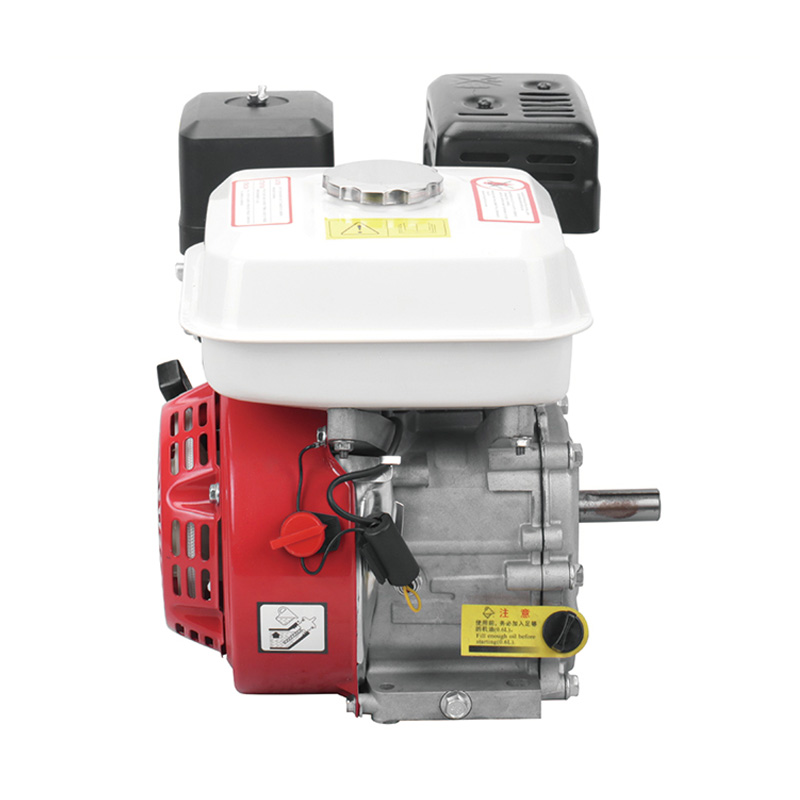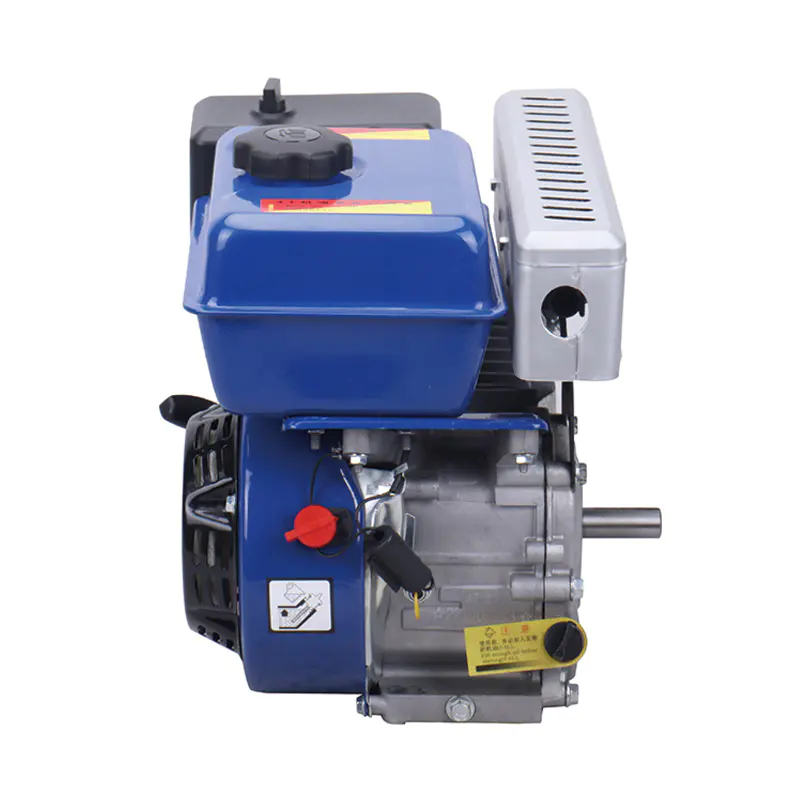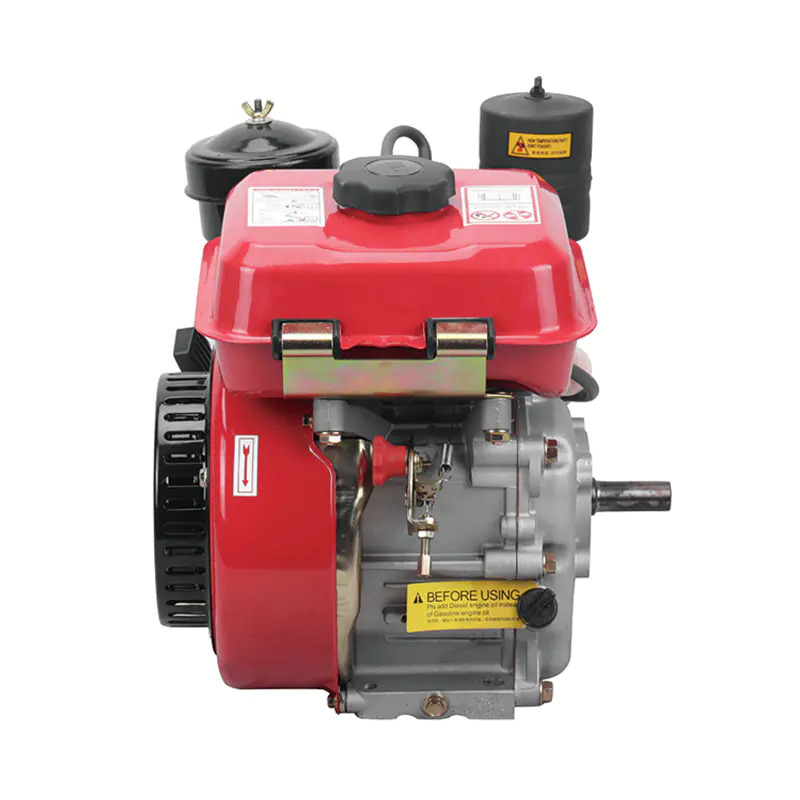Portable high-pressure gasoline engine water pumps have become essential tools in agriculture, construction, and emergency water management. These pumps combine mobility, high flow capacity, and the ability to operate independently of electricity, making them versatile in various applications.
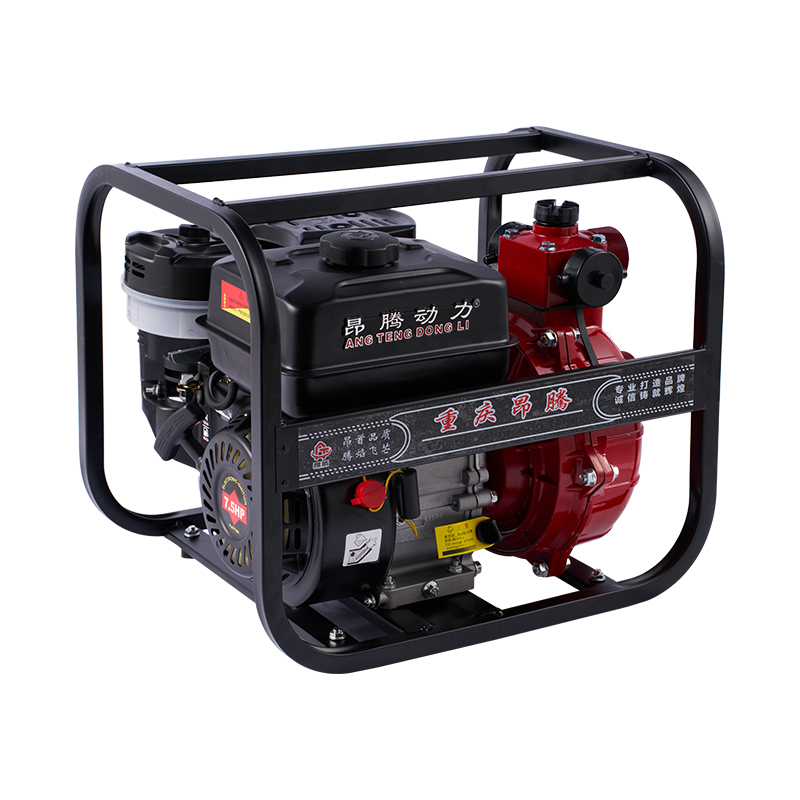
Advantage 1: High Mobility and Flexibility
One of the primary advantages of portable high-pressure gasoline water pumps is their mobility. Unlike stationary pumps, these units can be transported to different locations without requiring additional infrastructure. This flexibility is particularly useful in agricultural irrigation, temporary construction sites, and areas affected by flooding. The ability to move the pump according to operational needs reduces the requirement for multiple fixed installations, translating into lower investment costs over time.
In addition, portability allows operators to respond quickly to changing water demands. For instance, farmers can use a single pump to irrigate multiple fields or water different livestock areas as needed. Construction teams can relocate the pump to support foundation dewatering, dust control, or concrete mixing processes. This adaptability ensures that the pump delivers value across a range of scenarios, enhancing overall cost-effectiveness.
Disadvantage 1: Fuel Dependence
Despite their mobility, gasoline-powered pumps depend on fuel availability, which may introduce operational costs. Fuel prices can fluctuate, and extended operation may require substantial fuel consumption. In remote areas, sourcing gasoline can add logistical complexity. While this does not negate the pump’s effectiveness, it is an important consideration when calculating overall operational costs.
Advantage 2: High Efficiency and Water Pressure
Another advantage is the pump’s ability to generate high pressure and significant flow rates. Portable gasoline pumps are designed to move large volumes of water quickly, which is valuable for irrigation, emergency water supply, or drainage applications. Their performance allows operators to accomplish tasks more efficiently, saving time and reducing labor costs compared to manual or lower-capacity systems.
High-pressure operation also enables water to reach elevated areas, such as hillside fields or multi-story buildings, without additional pumping equipment. This feature reduces the need for auxiliary pumps or complex piping networks, further contributing to cost-effectiveness. Efficient water delivery translates into better crop growth, faster site preparation, or faster emergency response, depending on the application.
Disadvantage 2: Maintenance Requirements
Portable high-pressure gasoline pumps require routine maintenance to sustain performance. Components such as spark plugs, air filters, fuel systems, and engine oil need regular attention. Neglecting maintenance may reduced efficiency or shorter service life. While maintenance represents an additional expense, adherence to manufacturer recommendations ensures long-term reliability, ultimately supporting cost-effectiveness over the pump’s lifespan.
Additional Considerations
Beyond advantages and disadvantages, cost-effectiveness can also be influenced by the pump’s design and application. Durable materials, such as high-quality steel or corrosion-resistant alloys, enhance the pump’s operational lifespan, reducing replacement costs. Choosing the right pump size and pressure rating for specific tasks avoids overinvestment in oversized units or inefficiency in undersized pumps.
Operational planning can also improve cost-effectiveness. Scheduling irrigation or water transfer during off-peak hours or combining multiple applications into one pumping cycle reduces fuel consumption. Using portable pumps for temporary applications, rather than investing in permanent infrastructure, also maximizes return on investment.
The cost-effectiveness of a portable high-pressure gasoline engine water pump is shaped by its mobility, high performance, and operational flexibility. Advantages such as ease of relocation, rapid water transfer, and high-pressure capabilities make these pumps suitable for agriculture, construction, and emergency applications. At the same time, considerations such as fuel dependence and routine maintenance represent manageable operational factors that can be planned for effectively.
By evaluating operational needs, selecting appropriate pump specifications, and maintaining the equipment properly, users can maximize the value of portable gasoline pumps. Their ability to deliver water efficiently, adapt to changing conditions, and support diverse applications ensures that they remain a practical and cost-effective solution for a wide range of water management tasks.



 English
English русский
русский Français
Français Español
Español عربى
عربى